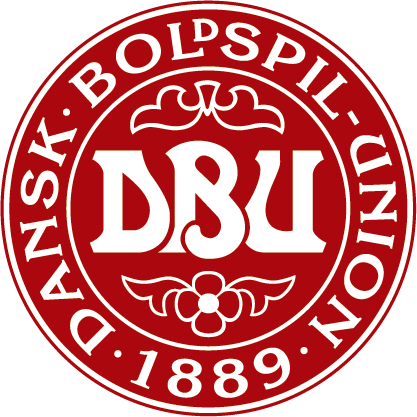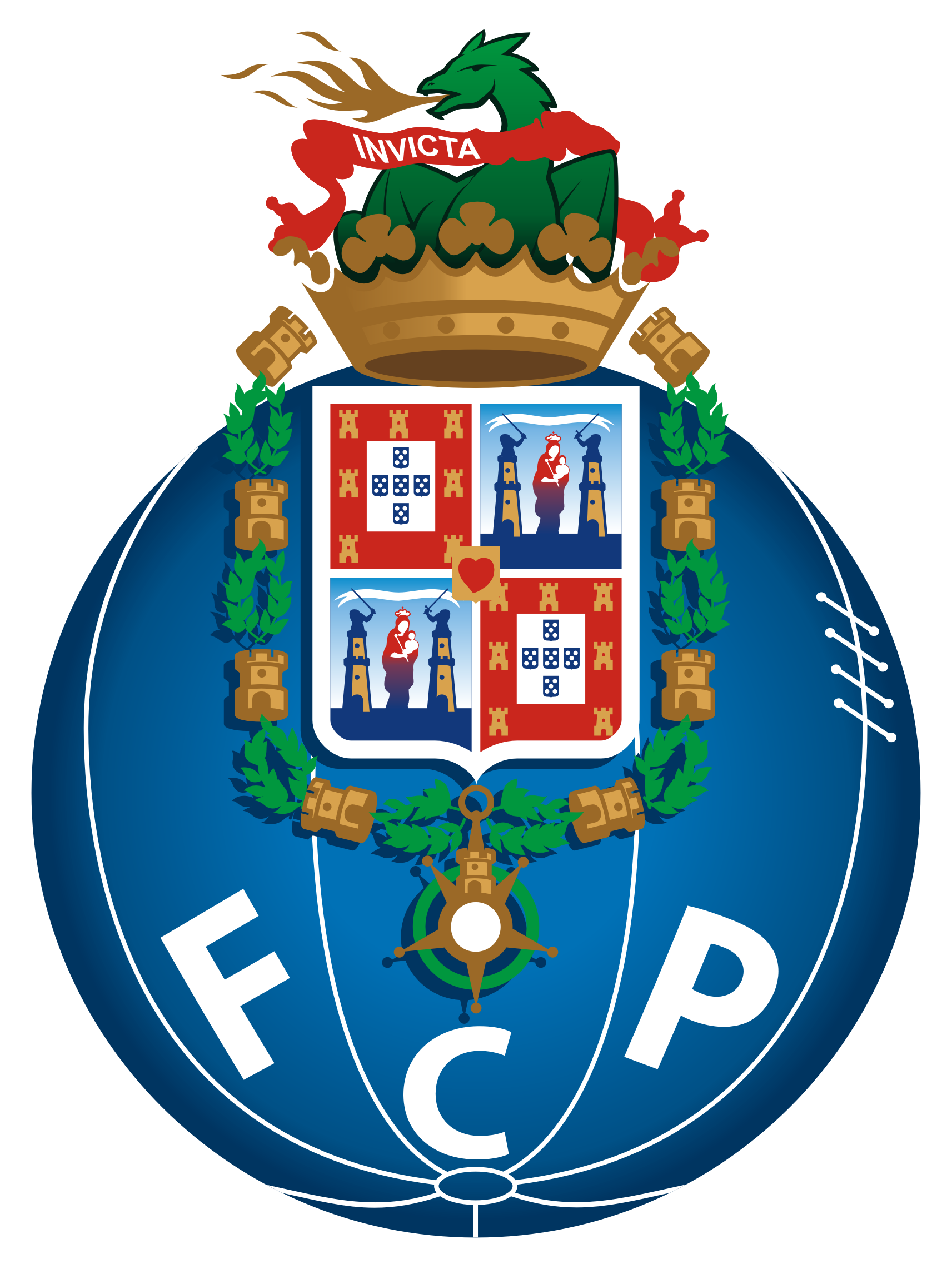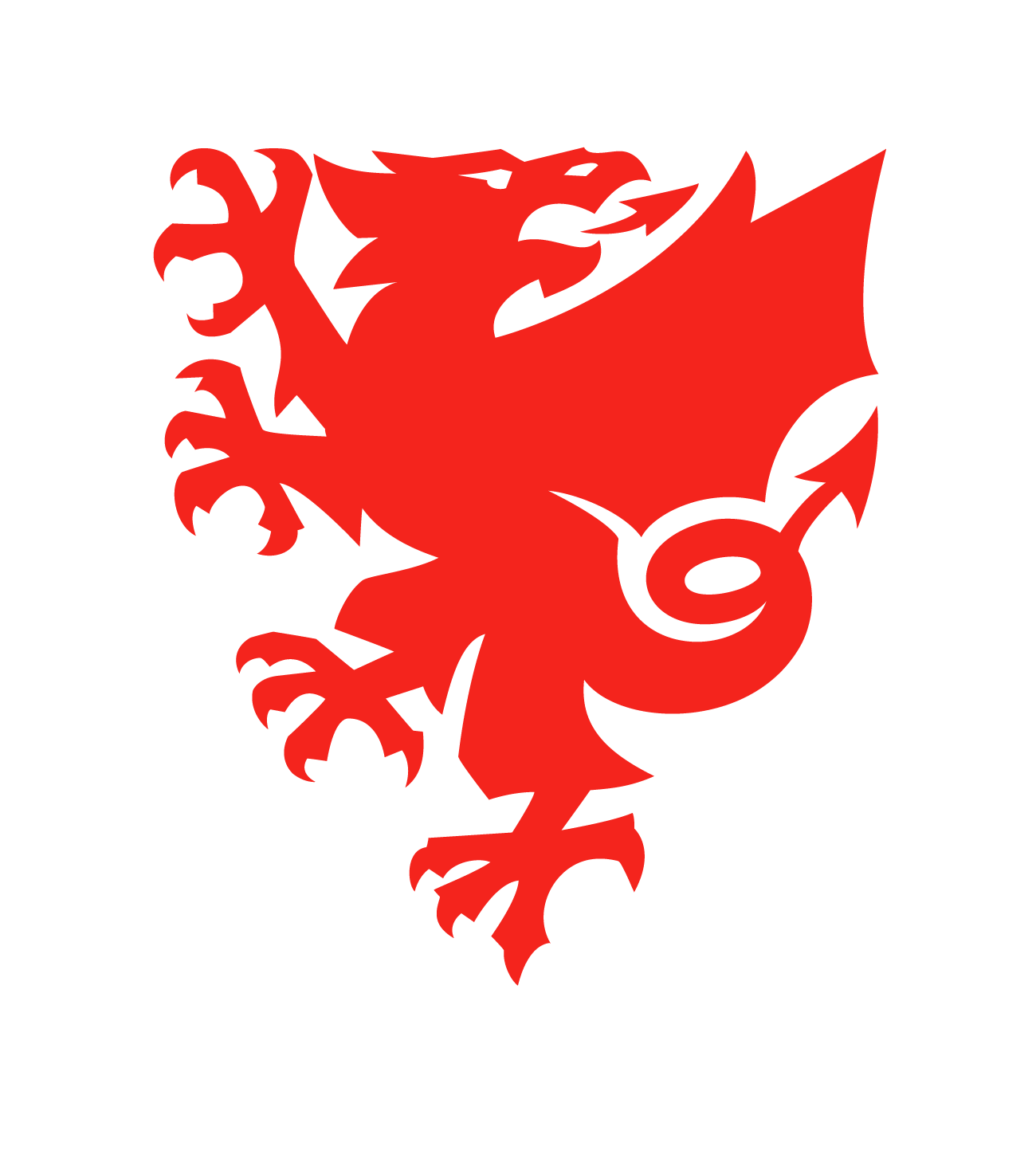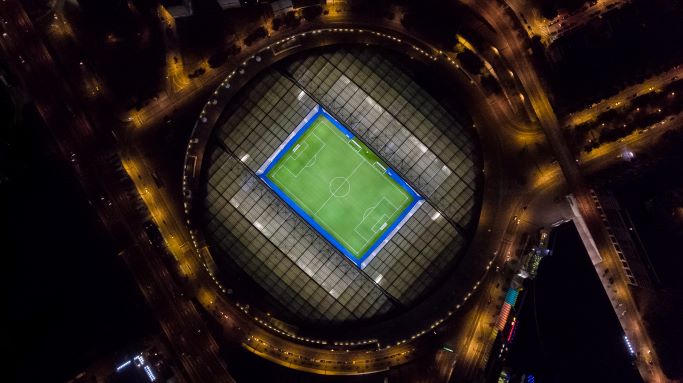Currently ongoing interviews to identify potentials for environmental management improvements in sports
As a part of the initial phase of the ACCESS project, a series of online interviews are currently being conducted with the most diverse staff members of the project’s sport organisations.
The responsible for these interviews are the project’s two technical partners who are screening and collecting valuable input for what is yet to come in the project. While Sant’Anna School of Advanced Studies is interviewing FC Porto and the Danish Football Association from Pisa, Italy, ACR+ is doing the same with the Gaelic Athletic Association and Football Association of Wales from their Brussels office. On the other side of the table, or screens in this case, are staff members overseeing various operations and processes such as matchday management, infrastructure maintenance, procurement and purchasing, as well as waste, energy and water management among others. Translated into job positions, the interviewees include stadium managers, heads of facilities, CSR managers, operation executives, sustainability managers and more.
The diversity of profiles being interviewed reflects the focus areas previously identified for screening and assessment. Namely, they encompass activities and operations which define mobility, waste management, food and beverage supply and service, accommodation, purchasing and supply selection, as well as infrastructure improvements and maintenance. The overall objective of these interviews is to assess the current practices and understand their alignment with strategies and targets of respective local authorities and potentials for collaboration with these authorities.
The findings and observations these interviews would result in will serve as an input for the Circular City Committees, along with identified authorities and other stakeholders which would be invited to partake. Based on the “Communities of Practice” approach, the Circular City Committees will represent groups of experts, relevant staff members, local authorities and other stakeholders along various value chains with a simple objective – interpret the input coming from the interview phase, putting them into their own perspective, agreeing on potential improvements and putting all this in a comprehensive action plan to be implemented over the next two years.
The creating of four Circular City Committees, one per sport organisation is expected by the beginning of spring.















